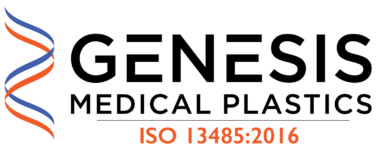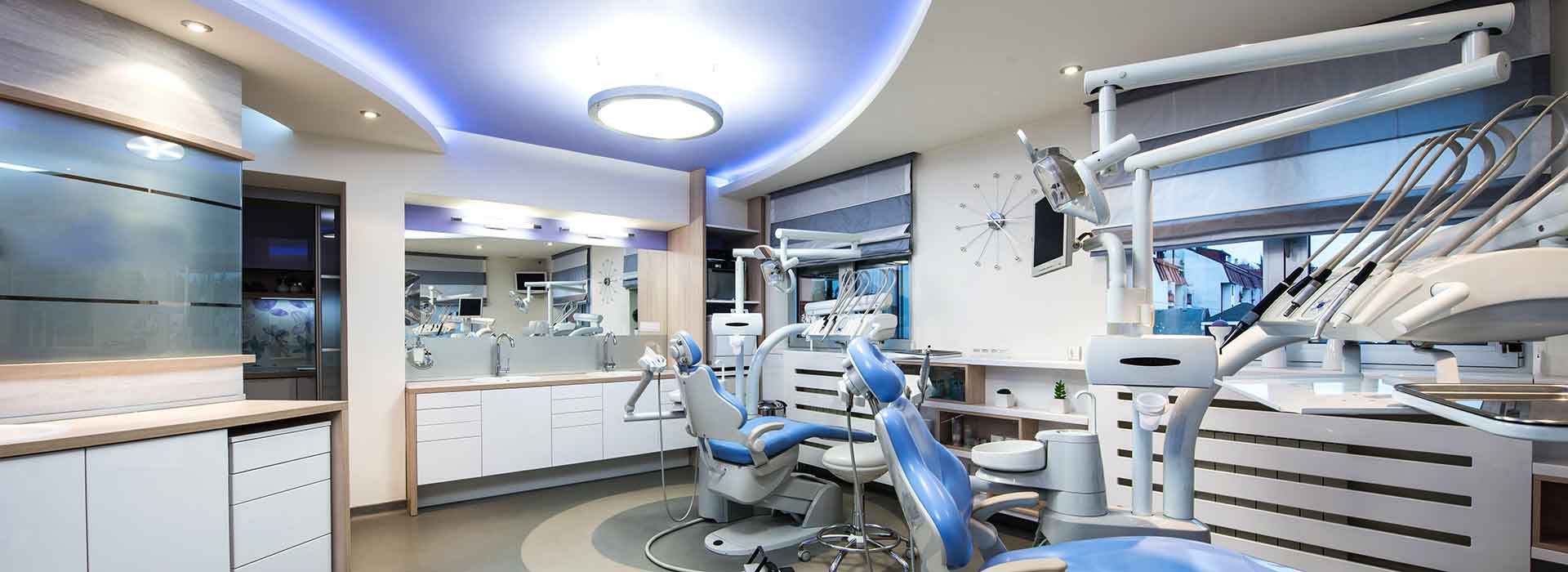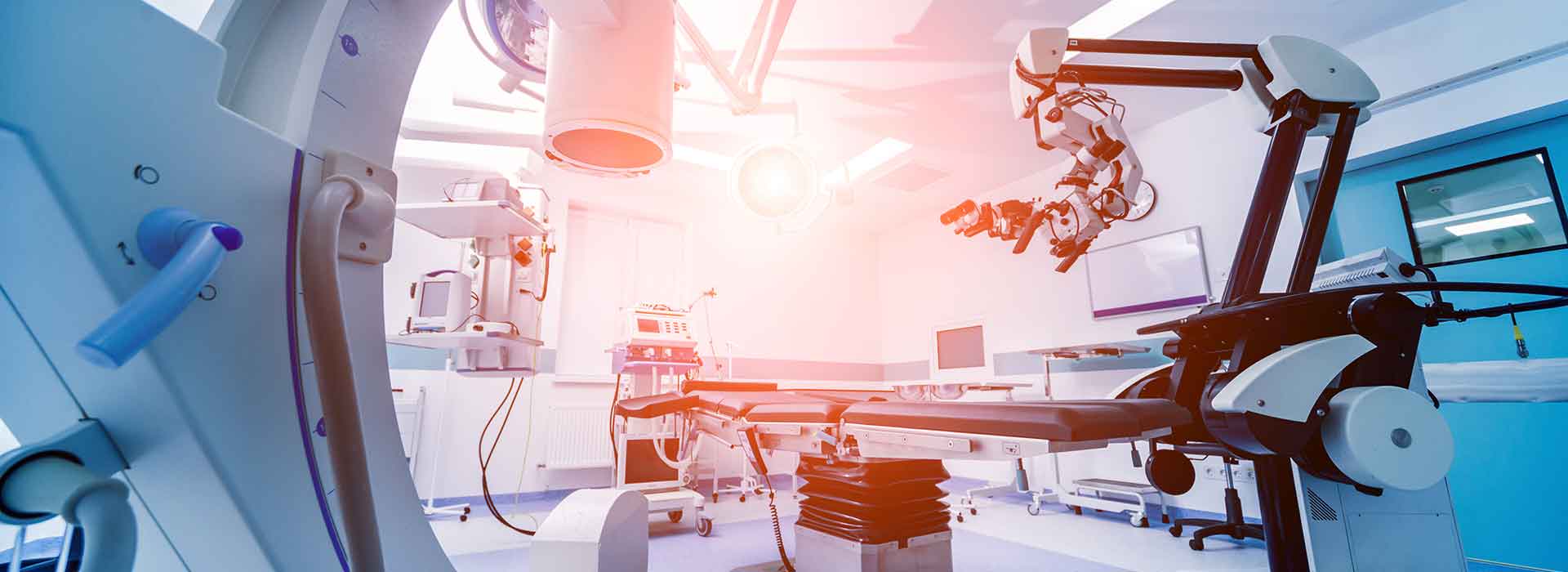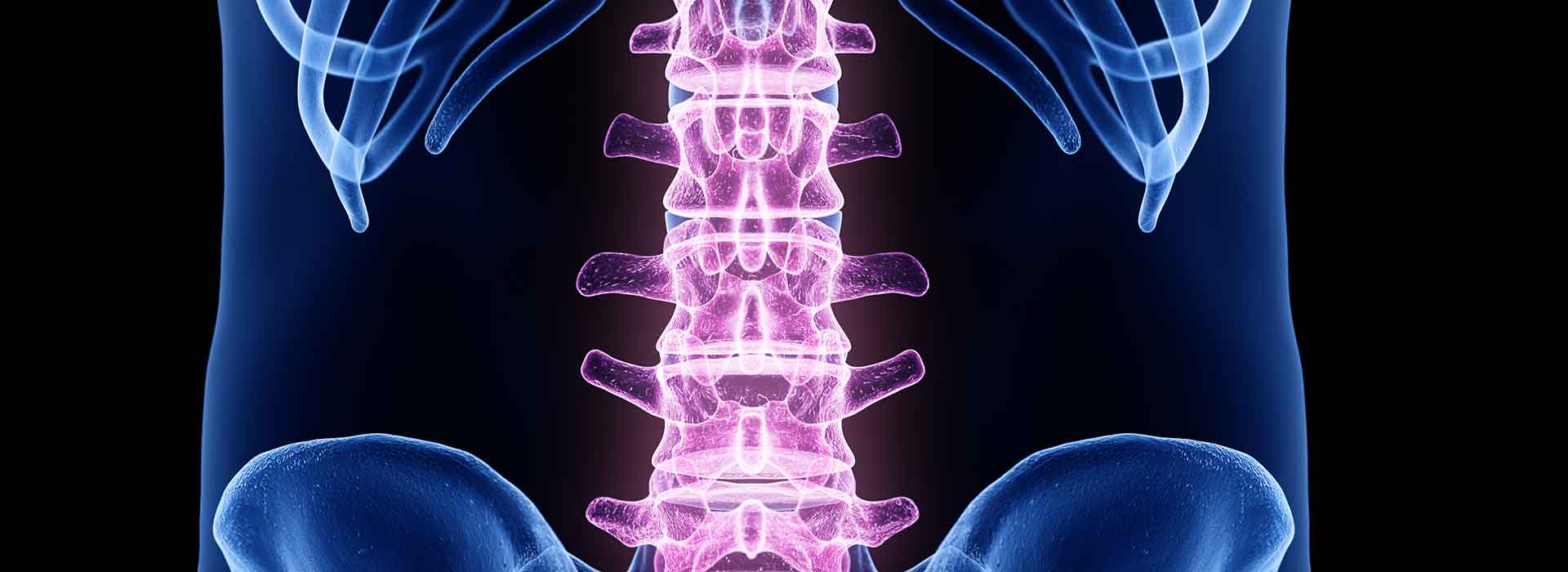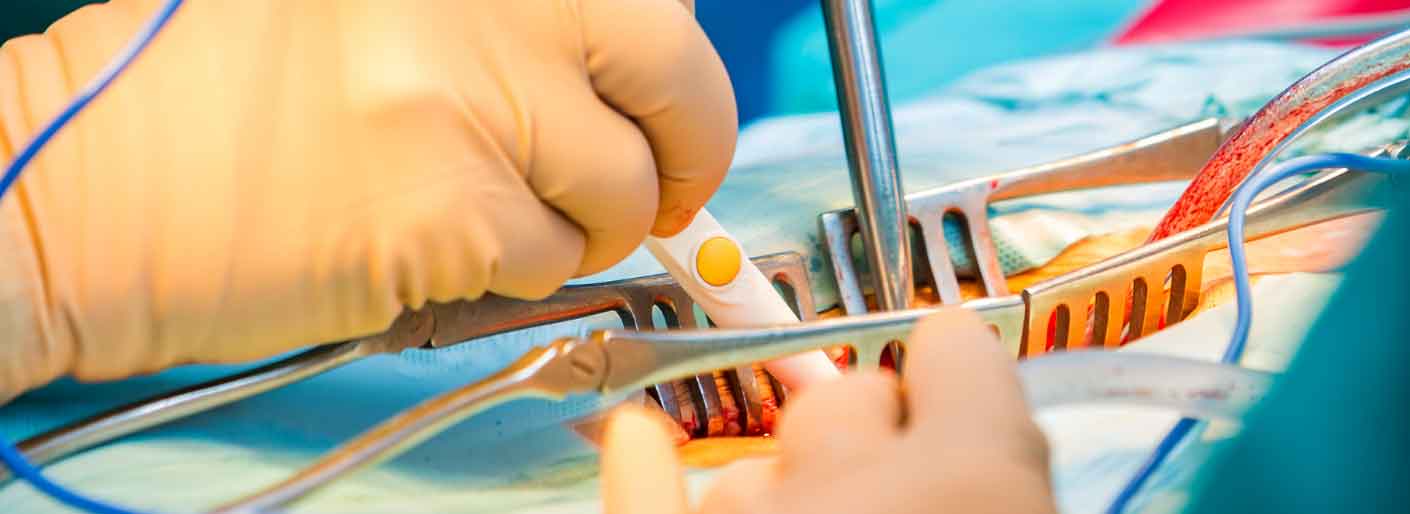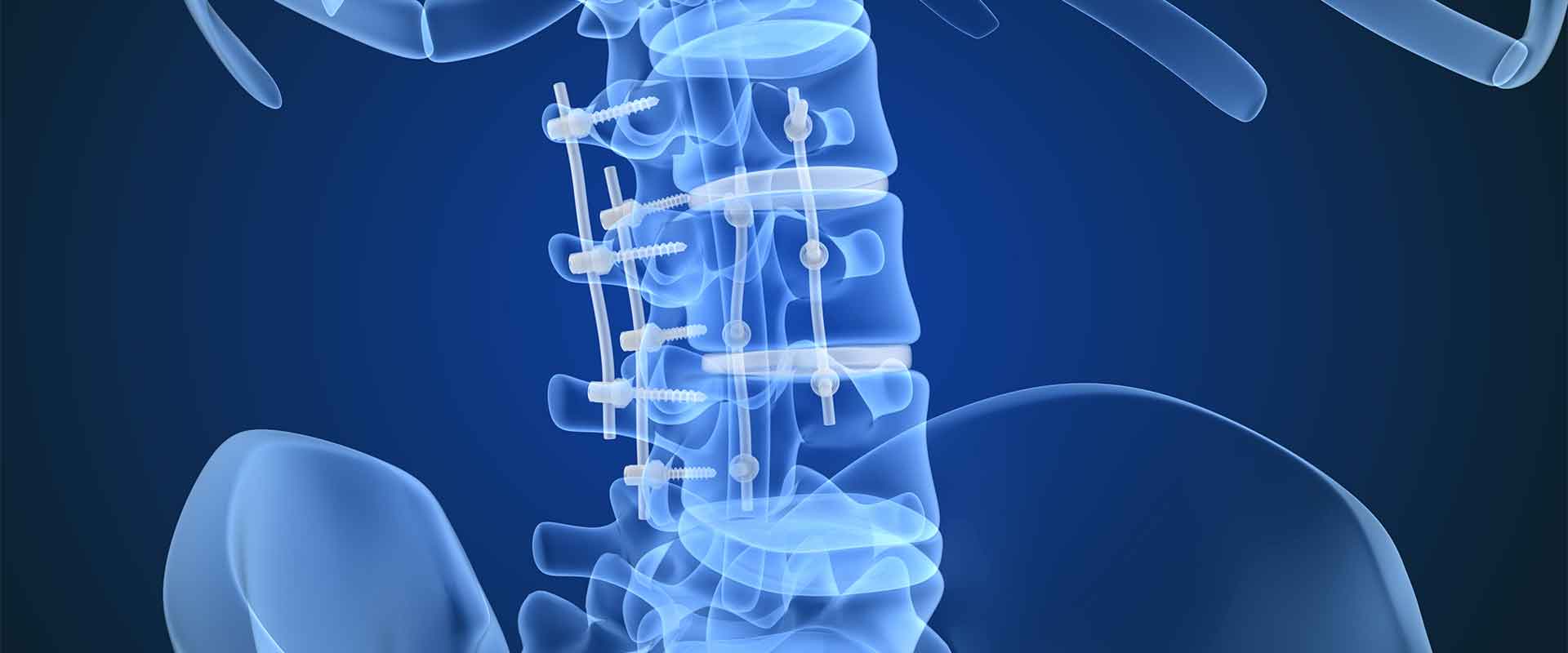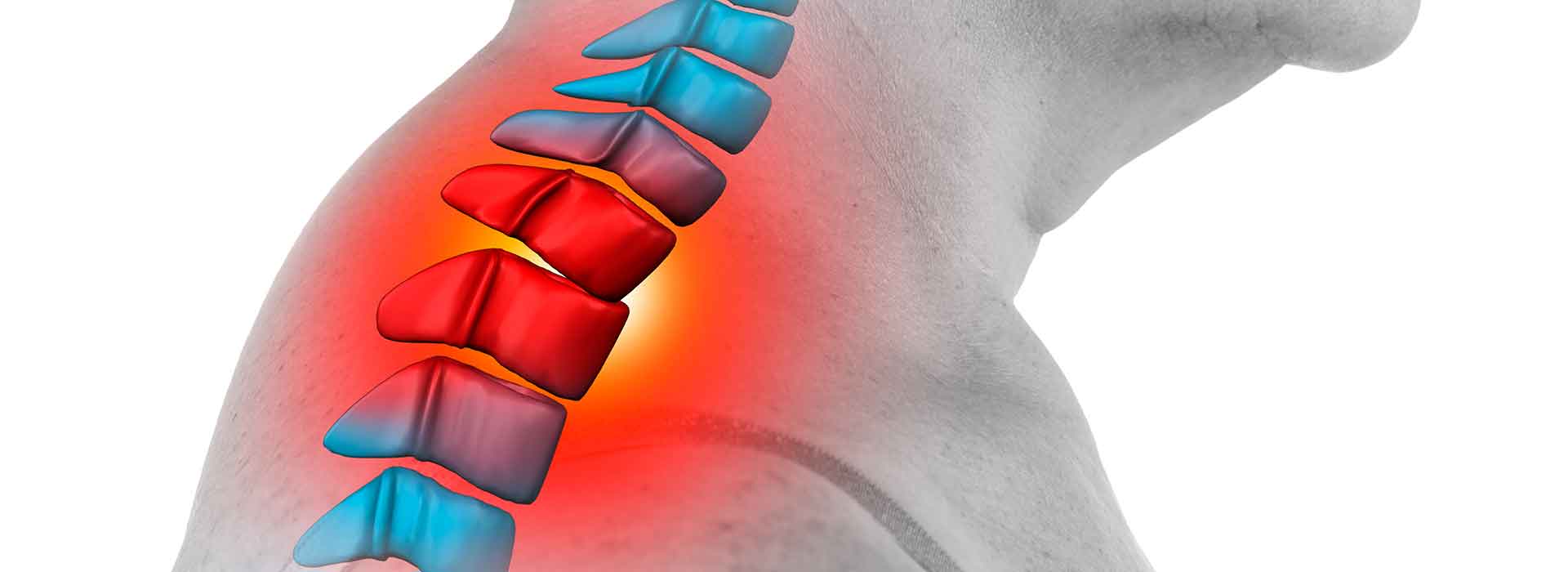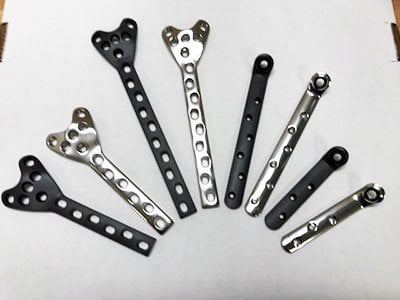Medical grade PEEK suppliers are in great demand, but not all of them are equipped to consistently deliver high quality, safe components. It takes a never-ending commitment to developing the right processes, making adjustments when needed and adhering to all industry regulations.
Is your PEEK fabricator doing all of that? Medical facilities should consider what their supplier is doing to guarantee this quality, as patient well-being is often at stake.
How do medical grade PEEK suppliers ensure quality manufacturing?
High-performance polymers exhibit properties that make them useful in demanding applications, and this is even more relevant when medical grade polymers are involved. There is no room for error when implanting a device, replacing a joint or fusing the spine, so medical grade PEEK suppliers must not compromise on quality or safety in any way. Here’s how a supplier demonstrates their commitment to quality, and the signs that every medical facility should look for:
1. ISO 9001:2015 certification – ISO 9001 is a set of quality management standards that any business can implement to improve their processes. In this way, ISO 9001 is the foundation of a quality management system, and is used to craft quality-first processes.
The ISO 9001:2015 set of requirements is a 10-section document that includes extensive guidelines on process planning, operation, support, leadership, evaluation and improvement. These guidelines work in any field, but are particularly useful for polymer fabricators because the industry is constantly changing. Once a polymer fabricator has integrated ISO 9001 standards into their processes, they are regularly audited by a third party to verify ongoing compliance and maintain certification.
With ISO 9001:2015 certification, medical grade PEEK suppliers have the fundamentals of quality management in place.
2. ISO 13485 certification – Medical device manufacturers have a higher standard than the general guidelines found in ISO 9001 to which they can be certified. ISO 9001 is a start, but ISO 13485 has more focus on the priorities needed for medical device manufacturers and medical grade PEEK suppliers.
Why is ISO 13485 so important? The majority of medical PEEK components are implanted in the patient, and even the slightest error in material processing or delivery could pose a problem. Implanted medical devices must adhere to some of the most rigorous safety standards available. This is where ISO 13485 comes in.
As a quality management system, ISO 13485 addresses concerns specific to the medical device industry. For example, ISO 13485 focuses on work environment controls that ensure product safety, an increased focus on risk management, and design control options that should be considered during product development. Further, ISO 13485 includes requirements specific for traceability during distribution of implantable devices; handling of medical devices and components to protect them from contamination or alteration; cleaning and handling of sterilized medical devices; and requirements for validating processes.
Validated Processes are needed in making medical devices when an essential characteristic of the device cannot be tested after it is finished being made without destructively testing it. These characteristics may be such things as it’s flexibility, strength, or hardness. Often these characteristics are determined by the materials used to make the medical devices, but also how those materials are processed to make the device. Having a validated process confirms the process makes good medical devices consistently. All PEEK medical device manufacturers and suppliers should be able to validate any of their processes as needed and provide evidence to regulatory bodies and clients upon request.
In short, ISO 13485 more closely covers the quality systems requirements for a medical device manufacturer to be compliant with the regulations of the Food and Drug Administration (FDA) outlined in FDA 21CFR Part 820 which documents their requirements for quality systems regulations as they relate to medical devices. 21 CFR Part 820 establishes what the US government considers current good manufacturing practice (CGMP) which are intended to ensure that finished medical devices will be safe, effective, and otherwise in compliance with the Federal Food, Drug, and Cosmetic Act.
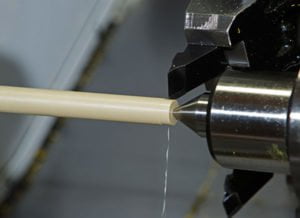 3. Extensive design and production capabilities – Fabricators have a strong quality management foundation in place with ISO certifications, but quality management is only part of the equation. The fabricator’s processing capabilities are also of concern, as a medical grade PEEK supplier should have an array of processing options available to clients. If the supplier can take full advantage of PEEK’s processability, they will deliver components that precisely meet the client’s needs.
3. Extensive design and production capabilities – Fabricators have a strong quality management foundation in place with ISO certifications, but quality management is only part of the equation. The fabricator’s processing capabilities are also of concern, as a medical grade PEEK supplier should have an array of processing options available to clients. If the supplier can take full advantage of PEEK’s processability, they will deliver components that precisely meet the client’s needs.
High-performance polymers come with some impressive properties, but improper processing techniques will rob PEEK of its strength or wear resistance. For example, fiber orientation is an area of concern when machining polymers and is something the supplier should account for to preserve the component’s properties.
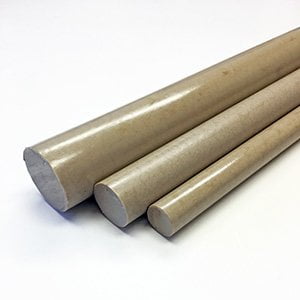 Most PEEK medical device manufacturers offer standard processing capabilities, including some form of machining, heat injection molding, extruding and stock shape processing. This is the minimum, but medical facilities often require something out of the mainstream. Film calendaring, for instance, is a process only some fabricators can handle, and it’s used to create extremely thin films that can be incorporated into intricate components. Cardiovascular devices often require components like these.
Most PEEK medical device manufacturers offer standard processing capabilities, including some form of machining, heat injection molding, extruding and stock shape processing. This is the minimum, but medical facilities often require something out of the mainstream. Film calendaring, for instance, is a process only some fabricators can handle, and it’s used to create extremely thin films that can be incorporated into intricate components. Cardiovascular devices often require components like these.
Reputable medical grade PEEK suppliers should make extensive use of computer-aided design and manufacturing, or CAD/CAM. Further, heat injection molding machines should be constantly monitored for optimal pressure and temperature readouts. These are essential additions to quality management, but they also speak to the fabricator’s design and production versatility. Patients are in need of custom solutions that address their particular condition and anatomy. If a fabricator has a full range of design and manufacturing processes available to them, they will be able to better deliver those custom solutions.
The medical polymer industry is on the rise and fabricators are having to adapt quickly to the increasing demand for PEEK medical components. PEEK medical grade suppliers must be ready to adjust to client expectations and quality regulations. An experienced, client-oriented PEEK fabricator should have no issue with either.
